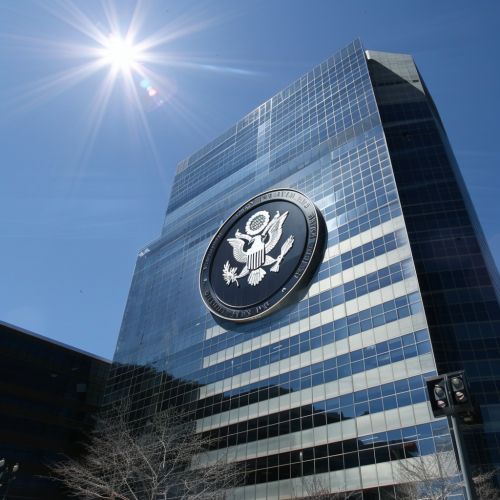United States Intelligence Community
Overview
The U.S. Intelligence Community (IC) is a federation of 17 separate United States government agencies that work both independently and collaboratively to conduct intelligence activities necessary for the conduct of foreign relations and the protection of the national security of the United States. This community is a coalition of agencies and organizations within the executive branch of the U.S. government. These agencies and organizations work both independently and collectively to conduct intelligence activities considered necessary for the conduct of foreign relations and the protection of the national security of the United States.


History
The IC was established by Executive Order 12333, signed on December 4, 1981, by U.S. President Ronald Reagan. The order authorized the IC to function in accordance with its mission to collect, analyze, produce, and disseminate foreign intelligence and counterintelligence information. The history of the IC dates back to the military intelligence programs during World War II. The IC has been restructured and reorganized numerous times since its inception.
Structure
The IC is led by the Director of National Intelligence (DNI), who is appointed by the President and confirmed by the Senate. The DNI serves as the head of the IC, overseeing and directing the implementation of the National Intelligence Program and acting as the principal advisor to the President, the National Security Council, and the Homeland Security Council for intelligence matters related to national security.
The 17 members of the IC include both military and civilian agencies. The agencies that are part of the IC include the Central Intelligence Agency (CIA), the National Security Agency (NSA), the Federal Bureau of Investigation (FBI), and the Department of Defense (DoD), among others. Each of these agencies carries out intelligence activities in its own sphere of influence and expertise, but all work together to share information and collaborate on intelligence operations.
Functions
The primary function of the IC is to collect and analyze information about foreign governments, corporations, entities, and individuals in order to help inform the foreign policy and national security decisions of the U.S. government. This includes information about potential threats to U.S. national security, such as terrorism, weapons of mass destruction, and cyber threats.
The IC also supports military operations, contributes to the development of foreign policy, and assists in law enforcement activities. The IC provides intelligence to support the President, Congress, military leaders, and policymakers in making decisions related to national security.
Oversight and Accountability
The IC operates under the oversight of both the executive and legislative branches of the U.S. government. The DNI is responsible for ensuring that the IC operates within the law and respects the civil liberties and privacy of U.S. citizens. The IC is also overseen by several Congressional committees, including the Senate Select Committee on Intelligence and the House Permanent Select Committee on Intelligence.
Challenges and Criticisms
The IC has faced criticism and challenges related to issues such as the accuracy of its intelligence, its use of controversial methods such as enhanced interrogation techniques, and its surveillance of U.S. citizens. The IC has also been criticized for its perceived lack of transparency and accountability.
